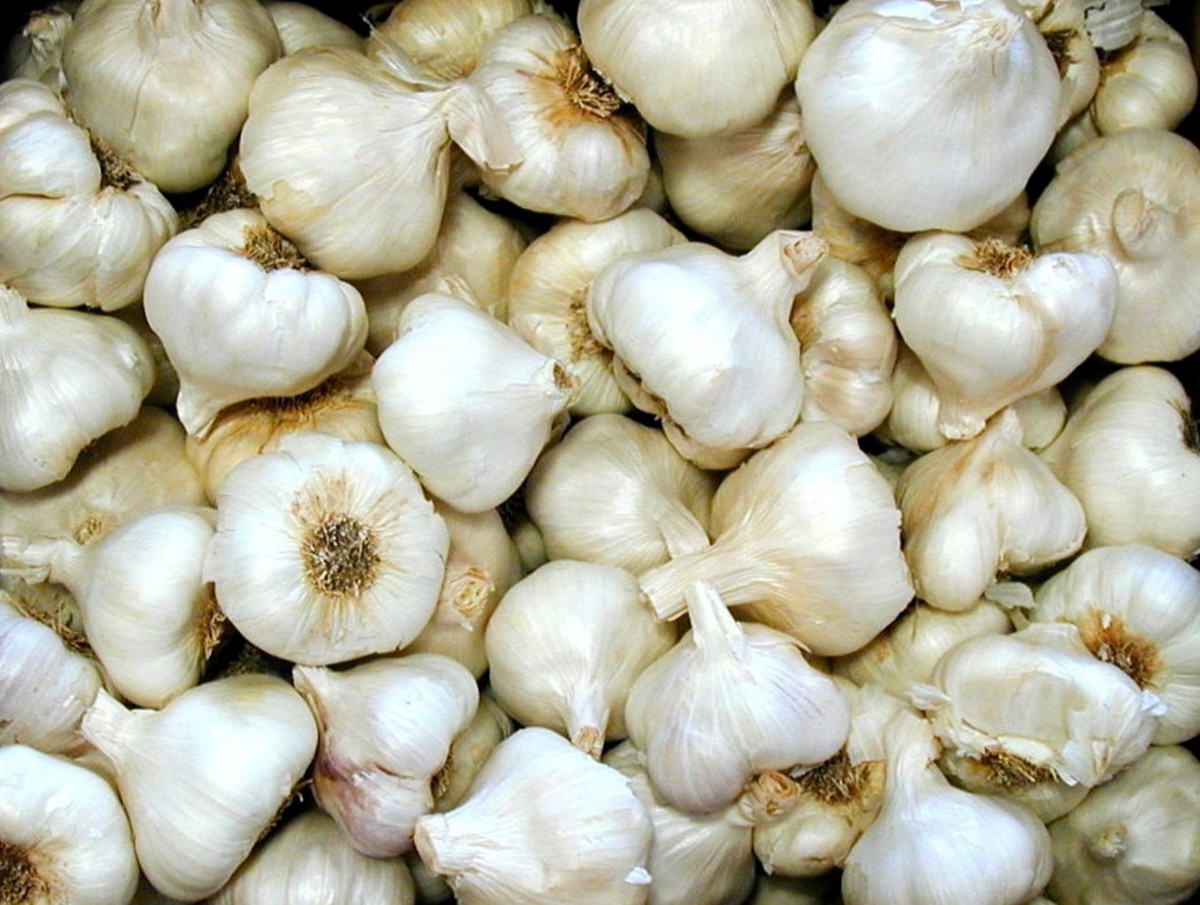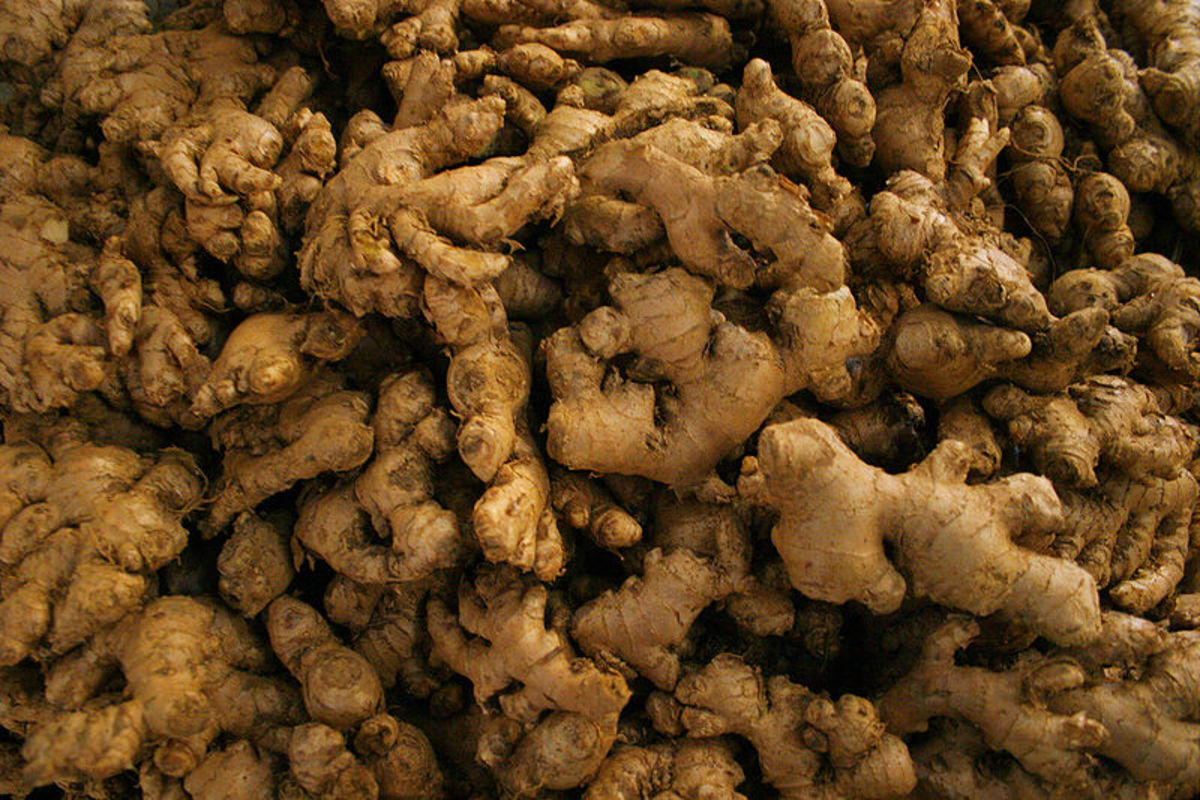- HubPages»
- Food and Cooking»
- Cooking Ingredients»
- Herbs & Spices
Cinnamon Health Benefits and Nutrition Facts

Cinnamon Nutrition Facts
Nowadays, cinnamon isn't just known for its unique taste. It has also acquired remarkable recognition for many healing treatments. And as far as cinnamon nutrition information is concerned, this particular spice has over eighty nutrients, and each of them are useful in specific ways for the best performance of the entire body.
A teaspoon of cinnamon has only 6 calories, and virtually no fat, sugar, cholesterol, or sodium. It also provides 1 gram of fiber, 3% of the daily needs for calcium, and is a good natural source for iron.
The substantial concentration of dietary fiber makes cinnamon a recommended preference for individuals with digestive complications. Using cinnamon on a regular basis can minimize indigestion, irregularity and digestive tract ailments.
Because cinnamon is full of fiber, calcium, iron, and manganese, these compounds can reduce and eradicate bile, and consequently inhibit any kind of harm to the digestive tract or possibly colorectal cancer. It may also help alleviate IBS, (irritable bowel syndrome).
More Information About Controlling Diabetes
Cinnamon Health Benefits for Diabetics
Most cooks will be familiar with the particular culinary applications of cinnamon, yet may not be conscious of the link involving cinnamon and diabetes. Studies show that cinnamon safeguards against diabetes type 2 by reducing blood glucose levels, as well as triglycerides, low density lipids, and total cholestrerol levels in individuals with diabetes type 2. Reducing the blood sugar levels reduces the amount of insulin a diabetic needs. It also helps reduce cravings. All that is needed is about 1/4 to 1/2 teaspoon of cinnamon two times a day. The only studies I am aware of used cassia cinnamon, the most commonly used cinnamon spice.
Although several research results have demonstrated cinnamon as being beneficial in managing type 2 diabetes, presently there isn't sufficient proof to depend completely on cinnamon for the treatment of diabetes. If you've been diagnosed with type 2 diabetes, you must adhere to a healthy diet plan, take your medications, and track your blood sugar levels.
It would be ideal to use cinnamon as a healthy spice for added benefits, however. You could include cinnamon in your morning coffee, tea, oatmeal or breakfast cereals. Using a bit of cinnamon would certainly help to make your meal healthier.
But in terms of managing type 2 diabetes with cinnamon, it is recommended to consult with a nutritional expert or your physician to learn whether cinnamon may be used with your other prescription drugs. In some instances, cinnamon may trigger hypoglycemia, (low blood sugar).
You can't depend on cinnamon by itself to reduce your blood sugar levels and treat diabetic issues. Difficulties may occur if cinnamon is consumed in high dosages. So, be sure to incorporate cinnamon in small amounts for added flavoring to your foods, and to get your own physician's guidance if you would like use cinnamon together with prescription medication for the treatment of diabetes.
More Cinnamon Health Benefits
Have you considered the numerous therapeutic qualities of cinnamon? Cinnamon is useful for the treatment of many ailments such as high blood pressure, skin infections, gas, and exhaustion.
Here are some additional cinnamon health benefits:
The most recent claim for cinnamon health benefits highlights the fact that simply smelling cinnamon behaves as a memory enhancer. Cinnamon is thought to increase memory as well as a person's productivity levels and focus.
Cassia is used for a home remedy to get rid of common colds. Enjoy cinnamon tea two times a day and your coughing or cold will certainly go away quickly. Including a tiny bit of honey to cinnamon is ideal to help remedy illnesses such as persistent coughs, colds, flu, and sinus problems.
Cassia is also effective for nausea, vomiting and diarrhea. This particular type of cinnamon is also shown to improve energy, along with circulation. It is usually made into a tea and drank.
Cinnamon essential oil is utilized for aromatherapy. The calming effect and fragrance can help relax frazzled nerves and help a person unwind naturally.
Cinnamon can be useful for building up the immune system and defends us from many different bacterial and viral infections. Cinnamon is considered to possess both anti-fungal and antibacterial qualities. Cinnamon can eliminate helicobacter pylori bacterias, which are primarily the cause of stomach ulcers. It is commonly used for the treatment of antibiotic-resistant yeast infections. Since it possesses antimicrobial qualities, eating meals prepared using cinnamon is helpful for tackling bacterial infections as well as yeast infections.
Cassia cinnamon naturally has coumarin, an ingredient which thins the blood. This makes it useful as a natural anti-clotting treatment, for individuals with blood ailments. Ask your doctor about taking cinnamon if you are currently on blood thinner medication. Don't use them together without consulting your doctor!
Cinnamon is acknowledged to have natural anti-inflammatory properties. It's useful to treat swelling of internal tissues as a result of eating an unhealthy diet. Cinnamon can be used with healing anti-inflammatory eating plans to reduce cardiac arrest, strokes, and other coronary conditions.
Because of its anti-inflammatory properties, cinnamon can help with lessening the aching and swelling related to arthritis. Drink cinnamon tea daily or add it to your favorite drinks. Alternatively, you can blend cinnamon together with honey to create a paste and rub this on your joints to get pain relief from the discomfort.
Health Benefits of Cinnamon
It's hard to believe a little old evergreen tree can provide so many health benefits, but cinnamon really seems to be a spice that you should reach for more often- not just for better flavor, but for better health!











